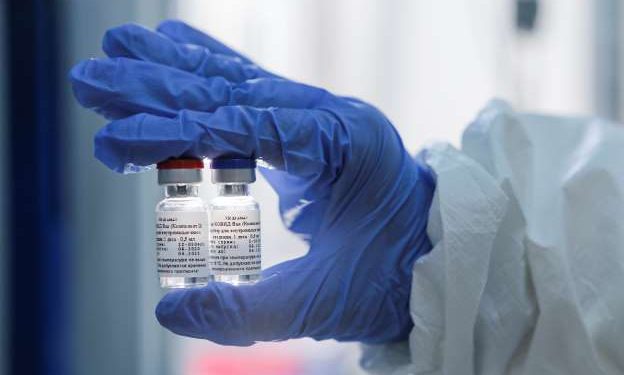Eight months after the world struggling with the coronavirus, many of us think if a more efficient way of detecting COVID-19 is to reduce the risk of people stepping out of their homes.
Although COVID-19 still causing chaos, many sectors’ economic in the world have commenced with limited capacities.
And nowadays, researchers have developed a prototype device and has been developed by researchers from the University of Science and Technology of China.
The researchers believe that the device can to detects COVID-19 just like a breathalyzer machine that can to detects alcohol consumption in one’s body.
They’ve developed a sensor based on special materials made of ultrasmall nanoparticles that can detect COVID-19 in exhaled breath, it’s so amazing !!!
As quoted News24xx.com from TOI, the device is made of an array of gold nanoparticles that are fused to molecules that are extremely sensitive to volatile organic compounds or VOCs.
What’s VOCs?
VOCs are something that is emitted by the viruses as well as the infected cells and it can interact with molecules on the device.
According to the scientists, they were able to train the sensor in the device to look for COVID-19 with the help of machine learning. They use ML to compare the electric resistance signal patterns derived from the breath of 49 COVID-19 positive patients with 58 healthy individuals and 33 non-COVID lung infection patients.
So how it can work?
The scientists involved 100 patients and asked them to breathe into the device for a few seconds with a distance of two centimetres. Then, ever the device termed someone as COVID-19 positive, the researchers will note data to test the device’s accuracy.
And as a result, the researchers claim that the device is 76 per cent accurate in finding COVID-19 patients, and it can help them to detects the new patient.
And also 95 per cent accurate in distinguishing between people with COVID-19 and people with other kinds of lung infection. And the device also has a 88 per cent accuracy rate to distinguish between sick and recovered COVID-19 patients.
But, researchers claim more testing is needed for truly testing the efficacy of the breathalyzer.



